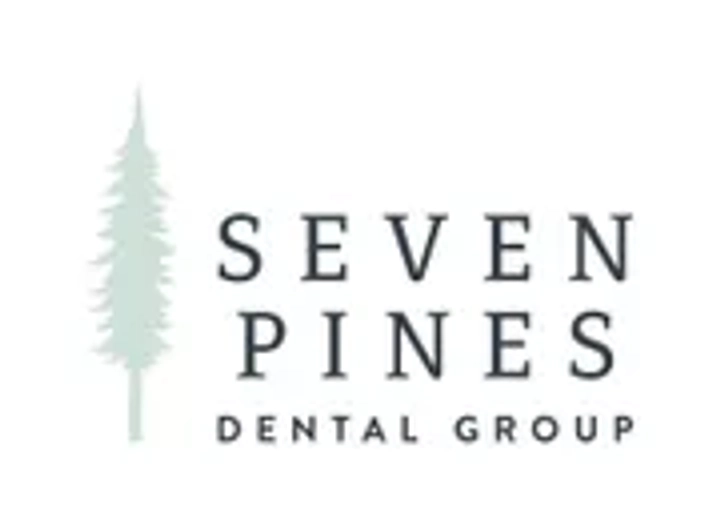Dental care is essential at every stage of life. As we age, diligent oral care becomes even more critical to maintain function and health. If oral hygiene habits slip, the likelihood of cavities, gum disease, and tooth loss increases. Seniors with health conditions, such as diabetes or heart disease, need to be especially diligent with their dental care since they have a higher risk of certain oral diseases. Follow these simple steps to keep your mouth healthy as you age.
Maintain a Thorough Daily Hygiene Routine
Regular brushing and flossing effectively remove plaque, a sticky film composed of bacteria. When plaque stays on the teeth for over 48 hours, it hardens and transforms into tartar. Toothbrushes cannot remove tartar; only professional dental tools can. Plaque and tartar buildup significantly contribute to gum disease and cavities.
Ideally, individuals should brush their teeth with a fluoride toothpaste twice daily. It is best to brush after breakfast and before going to bed at night. Flossing is equally as important as brushing your teeth and should not be neglected. A toothbrush can only reach about 60% of the tooth surfaces. Floss can reach the remaining parts of the tooth. If it becomes difficult for you to use floss effectively, try using floss picks or a water flosser.
Look Out for Changes
As humans age, the risk of developing oral cancer and other dental diseases tends to increase. Any changes in the soft tissue or function of the oral cavity should be evaluated by a medical or dental professional.
If you experience any of the following symptoms persistently for over two weeks, schedule an exam with us as soon as possible:
- A sore spot in the mouth, lip, or throat
- A lump or raised area in the oral cavity
- A white or red patch on the oral soft tissue
- Issues with chewing, swallowing, or moving the jaw
- Numbness in the mouth or tongue
- Swelling in the jaw area
- Unexplained ear pain (without hearing loss)
Do Not Ignore Dry Mouth
Xerostomia, more commonly referred to as dry mouth, is when an individual is not producing enough saliva to keep the mouth sufficiently wet. The lack of moisture can lead to difficulties in eating, swallowing, and talking. Additionally, dry mouth can also contribute to tooth decay and other oral infections.
Dry mouth is not a condition itself but rather a symptom of another underlying medical problem or a side effect of a medication. Individuals with diabetes and patients receiving chemotherapy or radiation treatments often experience dry mouth. Contact us or your medical provider if you are experiencing chronic dry mouth to pinpoint the root cause.
Practice Tooth-Healthy Habits
Daily habits play a significant role in maintaining a healthy mouth. Making tooth-healthy choices can help seniors maintain a healthy, functional smile.
- Eat foods that are good for your oral health. Crunchy fruits and vegetables provide vital nutrients for oral health and can even lessen plaque buildup. Dairy products are also often recommended for seniors because they are high in calcium, which promotes healthy teeth and bones.
- Limit consumption of sugary foods and beverages. It is okay to eat sweets in moderation, but it is best to eat them with a meal when saliva flow is at its highest.
- Avoid smoking and other tobacco products. Tobacco use puts patients at a higher risk for oral cancer and gum disease.
- Only drink alcohol in moderation. Heavy drinking can increase a patient’s risk for oral cancer, tooth decay, and gum disease.
See Your Dental Provider Regularly
As a rule of thumb, patients should see their dentist at least twice a year for exams and professional cleanings. These appointments give your dental provider an opportunity to remove stubborn tartar and address any dental concerns. However, some patients may require some extra care. Ask us at your next appointment how often we recommend you visit the dentist.
Oral health is important at every age. If you have any concerns about taking care of your smile, let us know at your next appointment. We can recommend strategies to keep your smile in tip-top shape.







